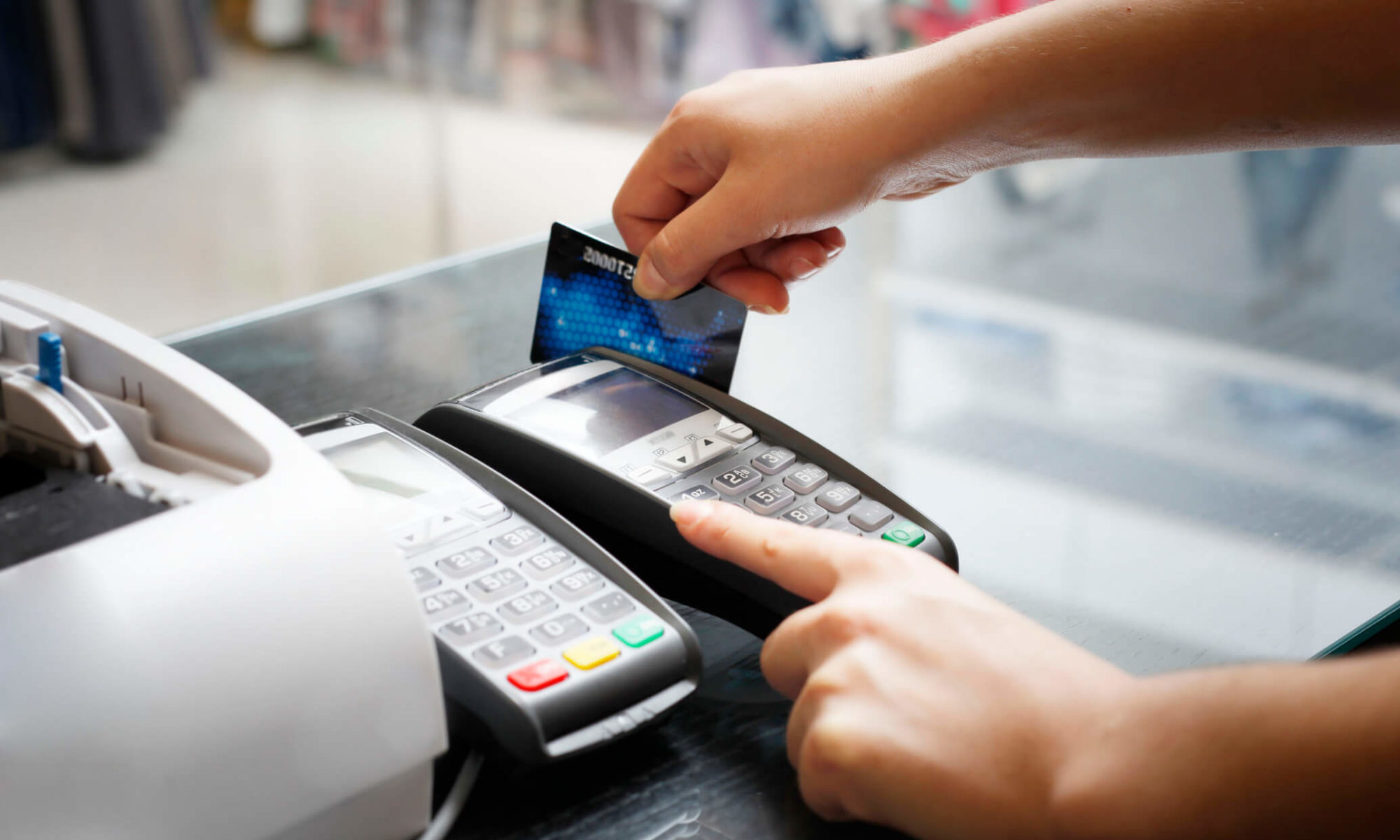In 2017, $4.3 trillion dollars changed hands via traditional checks. Despite the relative takeover of plastic payment methods, many are still using checks, as illustrated by the sheer amount of money changing hands with this type of payment, yet businesses are often confounded with regard to how to handle this traditional method of money exchange. Enter electronic check processing. A great way to accept checks and protect your company at the same time, e-check processing can help you ensure your customers can still pay by check without adding to your payment processing hassles. If you’re unfamiliar with this technology, don’t worry. This quick guide can help.
What is E-Check Processing?
An electronic check, sometimes called an e-check, is a form of digital payment where the money comes from the customer’s checking account electronically. Processing this type of payment relies on the ACH network, and all it really takes to get started is an ACH merchant account.
Three E-Check Processing Myths
Despite its simplicity, there are a number of myths surrounding e-checks.
Myth #1 – Echecks aren’t safe.
Outside of accepting cash, there are no safe payment methods today. Paper checks are as much of a risk as electronic checks are. Sure, banks across the United States us a number of different kinds of safeguards to help protect customers like watermarks, but electronic checks are just as safe, if not safer. The process converts the data to a randomized character string, called tokenization, and that helps to seriously reduce the risk of fraud.
Myth #2 – Processing e-checks is expensive.
Processing paper checks comes with costs. Processing credit cards comes with costs. Processing e-checks also comes with costs. No matter what type of payment method you’re accepting from your customers, it’s going to come with a processing fee. Echeck fees tend to be just as low, if not lower, than many other methods of payment.
Myth #3 – My Customers Don’t Care
The decline of the check has been an ongoing issue since 2001. Some customers want to use the funds in their bank accounts, but they’re not sure how to make that happen, and e-checks are a great way to do it. It’s an option your customers care about, as many want to be able to use funds from their checking accounts. Echecks are a great way to do just that.
Ready to start taking e-checks from your customers? Give us a call today to learn how.











